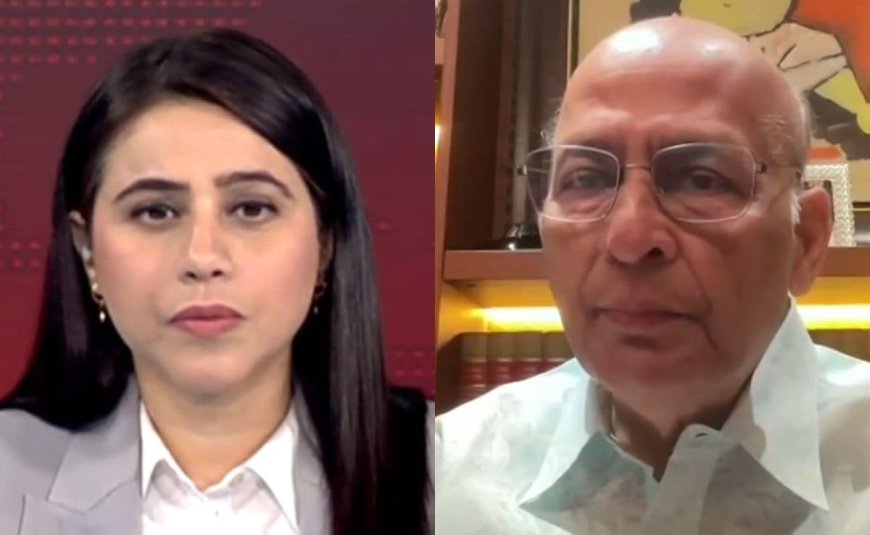Abhishek Singhvi On "Venerable Old Power Article 142" And Veep's Comments On Supreme Court
Congress MP and lawyer Abhishek Manu Singhvi has termed Vice President Jagdeep Dhankhar's criticism of the Supreme Court as a matter which "absolutely needed no comment" from the holder of the second-highest constitutional office.

Abhishek Singhvi Discusses "Venerable Old Power Article 142" and Vice President's Comments on Supreme Court
In recent discussions surrounding the role of the judiciary and the executive in India, senior Congress leader Abhishek Singhvi has highlighted the significance of Article 142 of the Indian Constitution. Known for its broad interpretation granting the Supreme Court extraordinary power to deliver justice, Article 142 is a focal point in ongoing debates about judicial activism and the balance of power within the Indian democracy.
Understanding Article 142 and Its Implications
Article 142 provides the Supreme Court with the authority to pass any order necessary for doing complete justice in any matter before it. This provision has been described by many legal experts as a "venerable old power," enabling the apex court to intervene in cases of injustice where existing laws may fall short. Abhishek Singhvi emphasized its importance in ensuring justice is served, particularly in complex or unprecedented cases.
Vice President's Comments on the Supreme Court
In conjunction with Singhvi's remarks, the Vice President of India recently made comments regarding the operations and influence of the Supreme Court. The Vice President's statements have sparked discussions on the judicial system's independence and its interaction with other branches of government. Singhvi's analysis presents a counterpoint, illustrating how Article 142 can be a tool for the judiciary to uphold the principles of justice and equity.
The Ongoing Debate on Judicial Power
The dialogue surrounding the judiciary's role, particularly with the interpretations of Article 142, continues to evolve. Critics argue that an overreliance on this provision can disrupt the balance of power, while advocates maintain that it is essential for addressing social injustices. The interplay between political commentary and legal principles makes this topic particularly relevant in India's democratic landscape.
For those following these developments, Singhvi’s insights combined with the Vice President's comments provide a comprehensive understanding of the current atmosphere surrounding the Supreme Court and its pivotal role in safeguarding justice in India.
For more updates, visit dharmyuddh.com. Keywords: Abhishek Singhvi Article 142, Vice President comments on Supreme Court, judicial power in India, significance of Article 142, Supreme Court intervention, balance of power in Indian democracy, Congress leader commentary, judicial activism in India, legal interpretations of Article 142, role of judiciary in justice.







